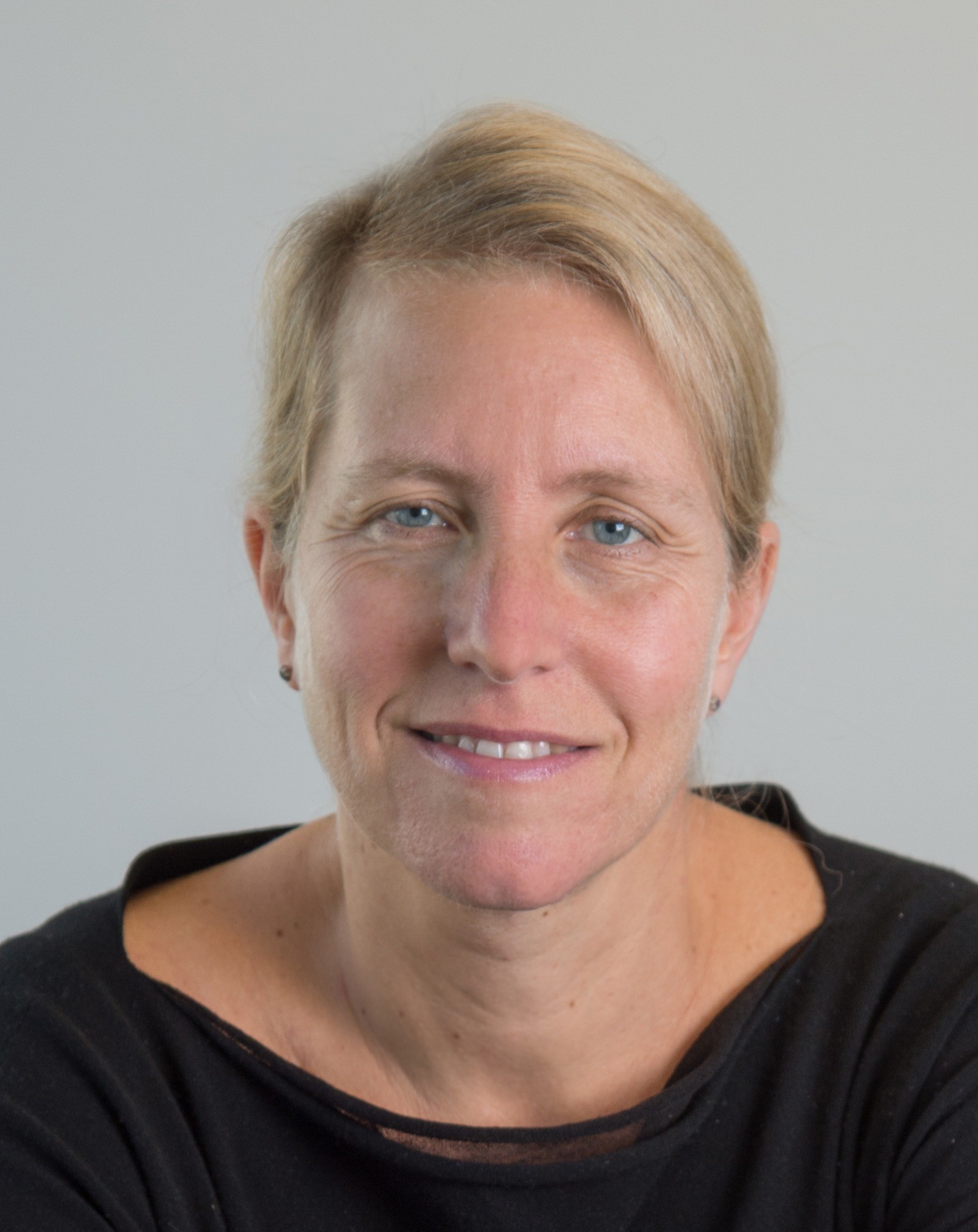
Nina Smith
Nina Smith is the founding CEO of GoodWeave International and an award-winning nonprofit CEO with deep experience of more than 25 years addressing human rights in global supply chains, with an emphasis on child labor, forced labor and modern slavery. As an expert on solving labour rights violations, Nina is the winner of the Schwab and Skoll Award for Social Entrepreneurship and The Centre for Nonprofit Advancement's EXCEL Award for Excellence in Chief Executive Leadership. Nina serves on the Board of the Better Buying Institute and the Fair Labour Association. Nina is currently advising clients on issues related to her expertise in modern slavery and nonprofit leadership.

- Visit their website
- GoodWeave International
- Model
- Non-profit Social Enterprise
- Sectors
- Education; Sustainable Development; Human Rights
- Headquarters
- USA
- Areas of Impact
- North America, South Asia, Afghanistan, India, Nepal
GoodWeave International
GoodWeave works at both ends of the supply chain, from C-suite executive to remote worker villages, pulling economic levers to ensure children attend school and not work.
At the heart of GoodWeave's innovation is the GoodWeave System, which closes a market gap that prevents informal workers from being acknowledged or reached, and thus allows child labour to go unchecked. The GoodWeave System is comprised of four interconnected programmes, each reflecting best practices from GoodWeave's two decades of experience. 1. Harness the Power of the Mark: Companies that sign as GoodWeave licensees to open their full supply chains for inspection on a surprise, random basis. For rugs, products receive uniquely numbered certification labels, designating them as child-labour-free. This relationship with licensees leads to needed change in behaviour and business practices, making “no child labour” a market requirement for their producers. To date, GoodWeave has more than 150 licensed brands in its rug programme. 2. Develop a transparent, child-labour-free supply chain: GoodWeave establishes rigorous labour rights standards verified through mapping and inspections. This leads inspectors to remote production sites where child labourers are identified and rescued. 3. Rescue, rehabilitate and create educational opportunities for children: Largely through its Child Friendly Communities programme, GoodWeave implements a range of projects that illustrate the connection between increased education and decreased child labour. The cost of these rehabilitation and education programmes is partially supported through license fees. 4. Improve conditions for all workers: The GoodWeave Standard upholds fundamental rights at work and promotes progressively better conditions and compensation for vulnerable adult workers.
Furthermore, GoodWeave is embarking on a new programmatic expansion with the goal to scale its methodology to address child labour into other sectors (apparel, home textiles, fashion jewellery, brick making and tea production). Pilots are underway in all five sectors. The aim is to complete the test phase for each product category within the next two years and then move to commercial roll out.
awardees
Our awardees

Wendy Kopp

Muhammad Ibrahim
